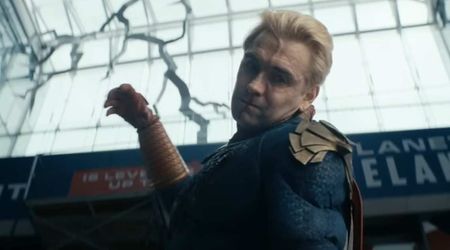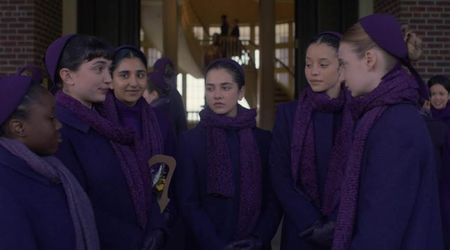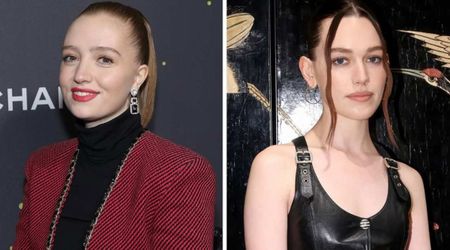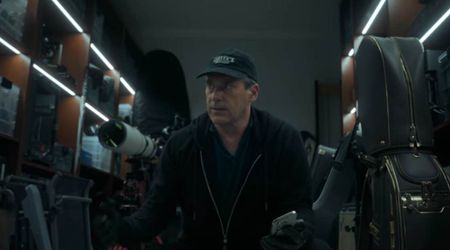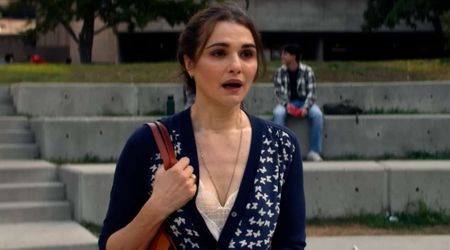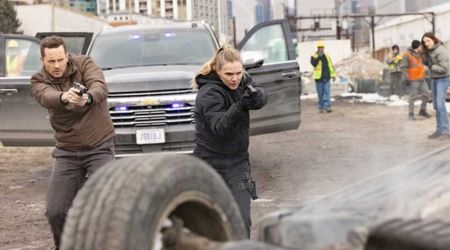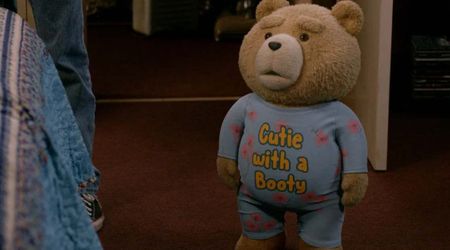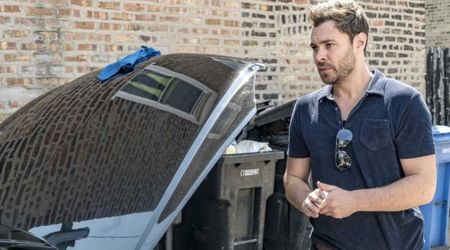‘Meat Eater’ co-producer Janis Putelis says all efforts to keep hunting show as 'cinematic' as possible

‘Meat Eater’ just completed its eighth season and the show took us on a wild ride through some of the most challenging hunting locales across the United States. As one of an integral part of the creation and development team, Zero Point Zero Production’s Janis Putelis joined the crew a few years ago but has been associated with the show from the very beginning. Putelis himself is a seasoned hunter and has served as a flyfishing and hunting guide.
He worked earlier with Colburn and Scott Outfitters- a guided hunting company and has also co-produced the hunting documentary show ‘Stars in the sky: A hunting story.'
In a candid conversation with MEA WorldWide (MEAWW), Janis Putelis takes us through his experience and his perspectives on Season 8 and hunting in general.
It has been seven successful years of Meat Eater! How would you say, the show evolved?
You know, the biggest change I have seen in all these years is with how the hosting has evolved. When I started working with Steve, he had never done eight straight episodes. He was a young host and in time, he has matured as a host. He’s not only more comfortable now, in front of the camera, but is also much more concise and direct, which for us is a major change and evolution. We have always kept upping the ante every year, on how we film. Most of the show is done in cinema verite/direct cinema (documentary-style filmmaking that feels “real” and that follows impromptu rather than scripted action) style filming, which makes it tough on the cinematographers, because they only have one chance to capture those moments. So we always have to think ahead and anticipate what could happen next, so they can be ready to capture the moments. There are constraints but we have always tried to make it as cinematic as possible and it has only bettered over the years. It has been a great learning curve over the last seven years for all of us. So you can call it an evolution or consistent growth of a sort.
So, would you say that the show has been in sync with the changing trends and technologies or would you call it a traditional hunting show?
Of course, there are a few trending practices that we added to our creation because no matter what you do, you would have to embrace new technologies, ideas, and make things more interesting. But there’s a catch when you incorporate smart practices and make hunting almost too efficient, the opportunities for hunting go down because then, there are too many successful hunters. So, we are constantly playing that game where game managers want to provide more opportunities for people to go out there and enjoy the sport for what it is. However, if you see, hunting, per se, has not changed much over the last 50 years. For us, it never ended with the kill. Rather, there was always more afterward, like butchering the meat, cooking, and sharing the hunt with friends and families. So, yeah, it’s traditional in a way with certain trending practices that we use to keep it worthy of television.
Now, this is a question that often comes to our minds with respect to your show. Have you ever faced or often face criticisms from environmentalist groups?
I can't say that we've ever actually been singled out by a group of that sort. I think that anybody including those in even the staunchest environmental groups like PETA or the Humane Society of the United States would certainly not agree with our lifestyle, our choices, or even our stances on the sport of hunting. But for the most part, we have been connected to Nature as much possible. In a way, we have helped protect it and do the best we can for our future generations and I don’t think many environmental organizations don’t see the underlying goal in that. I think the positives that we share through our show outweigh the cons even in their eyes.
Coming back to hunting again, we see a lot of cooking happening. This season has picked up the culinary angle more than ever. How is the idea of game cooking and country-style recipes working with your audience, or with you, as a creator?
Oh yeah! It's obviously again something that's differentiated us from other shows like this. Over the last few years, the meals that we have cooked up are absolutely mind-blowing. That’s the wonderful thing about food, you know, that there are no limits. Somebody thinking of something new all the time and we try to do that with wild game because it takes cooking to another level and depth. Our actions don’t end in the field but continue all the way to your home, in your kitchen. Take osso buco for instance. No one would do that out of a deer or elk shanks even a decade ago but now, it has picked up the trend. So, it’s great to be a part of a changing mindset and educate people on how you can innovate with your game.
Which has been the most memorable hunting location for you and your team this season?
Can I say there are a couple of them? So, it was our opening episode with Parker Hall in Missouri. We were fishing on Missouri River, and that’s when we learned all sorts of things about the giant waterbody. Hanging out with someone who spends 50 days on the river made me learn interesting things. And then, I was pretty excited about the final episode, when we were in Alaska hunting Dall sheep in the Alaska Range. Our hands went cold and frosty but it was beautiful around. It was hard to stay focused on the job but as you take a 360-degree look, you just want to soak it all in. It’s a rough place, but it was memorable.
As we wrap up our conversation, we try to get Janis to spill the beans on the next season. As much as we would have liked to get a little cue on what could be next on ‘Meat Eater’, the hunter-turned-producer very graciously let the suspense hold, and asked us to lay in wait, just as a great hunter would!

